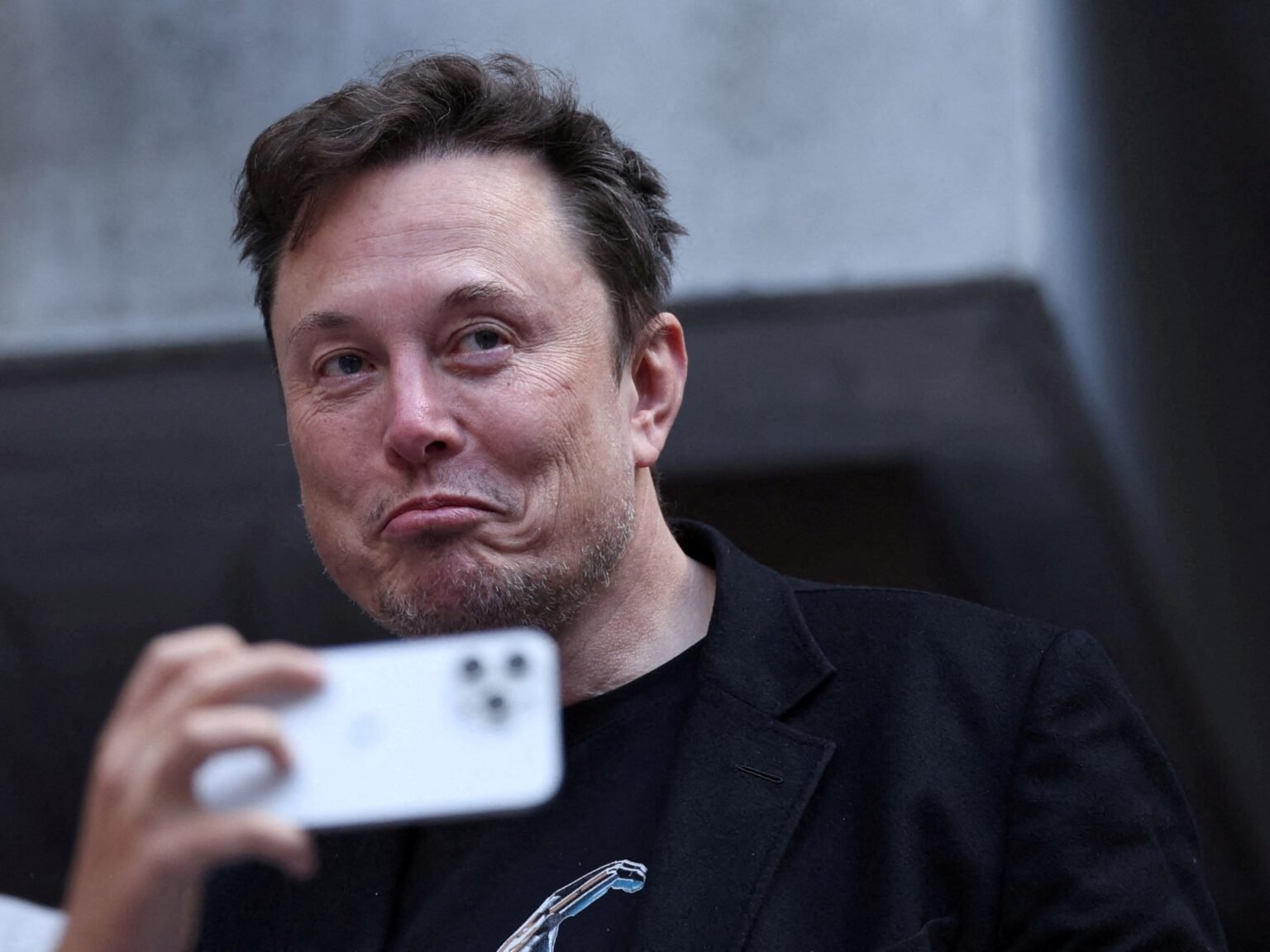Elon Musk, one of the world’s richest individuals, has been engaged in public disputes with various governments around the world, particularly those with left-leaning or liberal administrations. These conflicts often revolve around his accusations of governments curbing free speech, amid their efforts to regulate social media platforms where Musk has a direct business interest. One such example is in Brazil, where Musk’s company X was banned after he refused to comply with court orders, resulting in hefty fines and frozen bank accounts. Despite briefly circumventing the ban, X eventually agreed to appoint a legal representative in Brazil in order to resume operations.
In Australia, Musk criticized the government’s legislation that aimed to penalize media platforms for spreading false or harmful information, arguing that it infringed on free speech principles. The Australian government, in turn, accused Musk of inconsistency in his stance on free speech, pointing out his cooperation with right-wing or authoritarian governments to restrict certain accounts. In France, Musk publicly criticized the arrest of Telegram CEO Pavel Durov on charges related to online criminal activities, drawing attention to the issues of free expression and government overreach.
In the UK, Musk clashed with Prime Minister Keir Starmer over comments made about civil unrest, leading to a back-and-forth exchange on X. Musk’s support for former President Donald Trump in the US has also generated controversy, especially his statements about Biden and his policies, as well as his involvement in providing satellite access to Ukraine during its conflict with Russia. Musk’s polarizing comments on social media have drawn criticism from various quarters, including accusations of racism and anti-Semitism. The escalating tension between Musk and governments worldwide underscores the complex dynamics between powerful individuals, business interests, and political authority.

